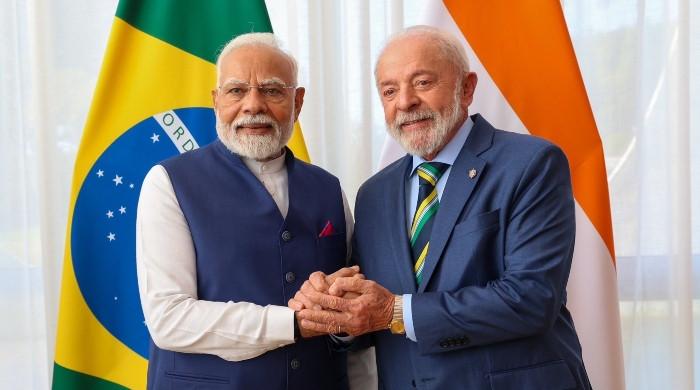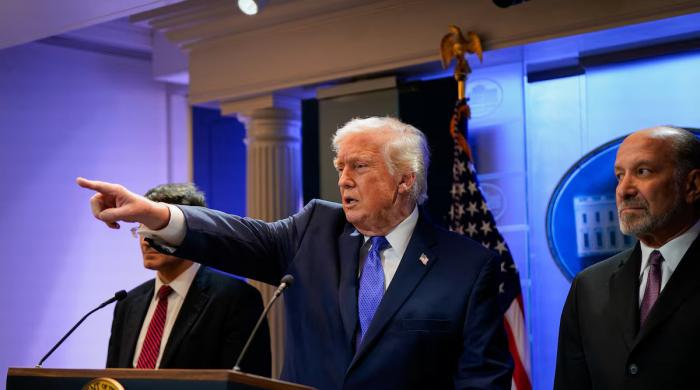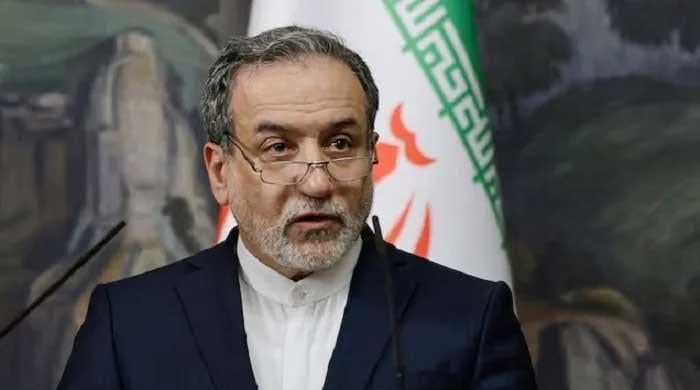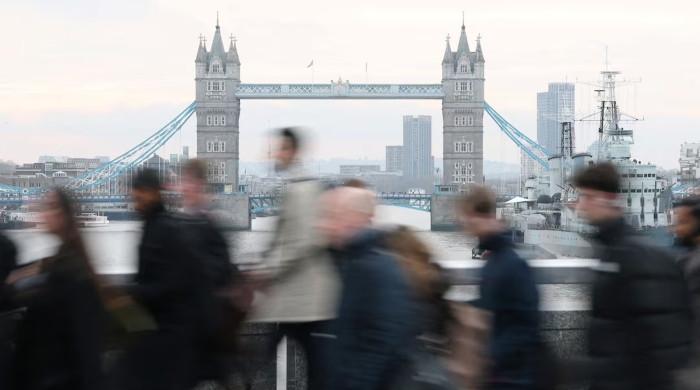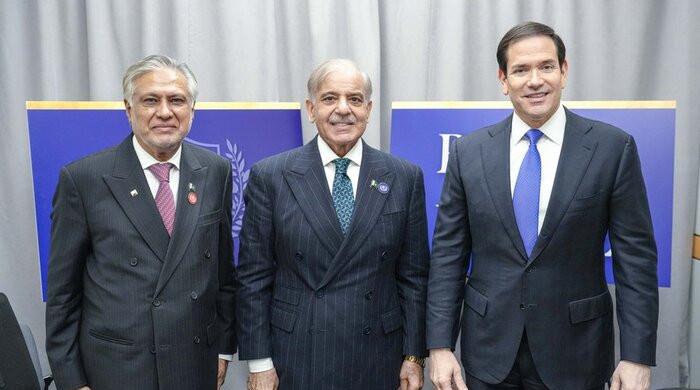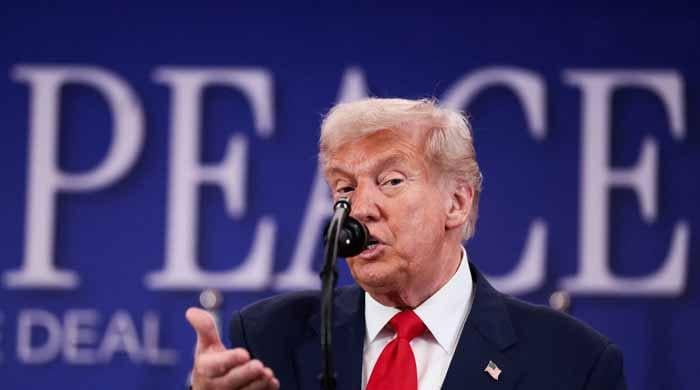The Rome Declaration refuses “closed nationalism” of Brexit
The resolution, showcasing the “unity” and reiterating the core values of EU project is being described as a response to Brexit and the resurgence of the far-right across the Europe
March 27, 2017
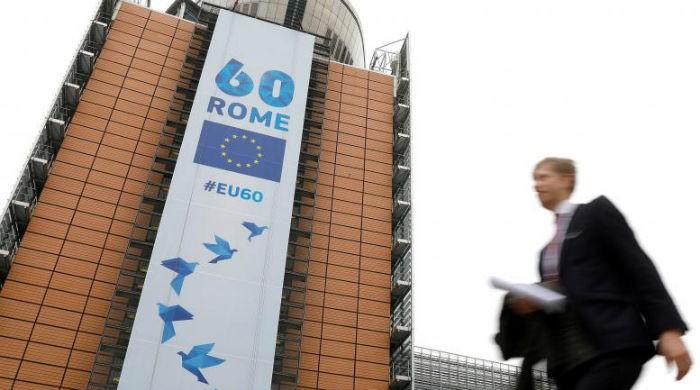
BRUSSELS: Leaders of the 27 member states of the EU on Saturday signed The Rome Declaration as a strong message to sceptics and outright rejectionists as British Prime Minister Theresa May is all set to start negotiations on Brexit.
The declaration was signed to celebrate the 60th anniversary of the Treaty of Rome.
The whole exercise of drafting a strong resolution, showcasing the “unity” and reiterating the core values of EU project is being described as a response to Brexit and the resurgence of the far-right across the Europe. The summit, though in a very grim atmosphere, assertively rejected the doomsday predictions, such as from Pope Francis who warned on Friday that the EU risked death as nations and citizens were turning inward.
The masterly crafted document remembers the devastation created by the two world wars and the vision of the founders of the EU project that ushered an unprecedented era of peace and prosperity. “We have built a unique union with common institutions and strong values, a community of peace, freedom, democracy, human rights and the rule of law, a major economic power with unparalleled levels of social protection and welfare”. It also reasserts all core positions from single market, single currency, immigration and diversity to rights and freedoms.
Acknowledging grave problems, it says EU “is facing unprecedented challenges, both global and domestic: regional conflicts, terrorism, growing migratory pressures, protectionism and social and economic inequalities. Together, we are determined to address the challenges of a rapidly changing world and to offer to our citizens both security and new opportunities”.
The document emphasises upon the “unity” asserting that the continent was united and stronger as hundreds of millions of people across Europe benefitted from living in an enlarged union that had overcome the old divides.
The declaration sets a ten year agenda of making the union a safe and secure, competitive and socially responsible with play its role in shaping globalisation. “We want a Union which remains open to those European countries that respect our values and are committed to promoting them.”
Explaining the agenda in four major points, the leaders committed to work for a safe and secure Europe with freedom to move and “efficient, responsible and sustainable migration policy respecting international norms”. They reiterated that Europe was determined to fight terrorism and organised crimes. They vowed to create a prosperous and sustainable Europe, which creates jobs and growth with a “strong, connected and developing single market and a stable single currency with avenues of growth especially for small and medium size eterprizes”.
A stronger Europe on the global scene, according to the declaration, shall further develop existing partnerships and build new ones “also in the Middle East, and across Africa and globally”.
About common defence, Europe shall “ take more responsibilities and to assist in creating a more competitive and integrated defence industry in order to strengthen its common security also in cooperation and complementarily with the North Atlantic Treaty Organisation (NATO), taking into account national circumstances and legal commitments”.
The declaration does not mention Brexit, which existed as the background of the speeches and responses from leading figures during and after the summit. The prime minister of Italy, Paolo Gentiloni, described Britain's decision to leave EU as “closed nationalism” of the past. He mentioned Europe's failure to effectively respond to 2008 economic crisis as major reason of Brexit.
The president of the European commission Jean-Claude Juncker described the declaration as a good starting point after Britain's departure. “The atmosphere is now such that we can approach this with confidence. It conveys something of an incipient optimistic mood because, contrary to what was assumed, there was no clash, no big dispute between several conceivable paths,” asserted Junker while saying that Europe was facing global crises and it could survive only through unity.
Responding to a question about Brexit, German Chancellor Angela Markel said, “Some things are not for sale. We are saying here very clearly that we want to go in a common direction.”





